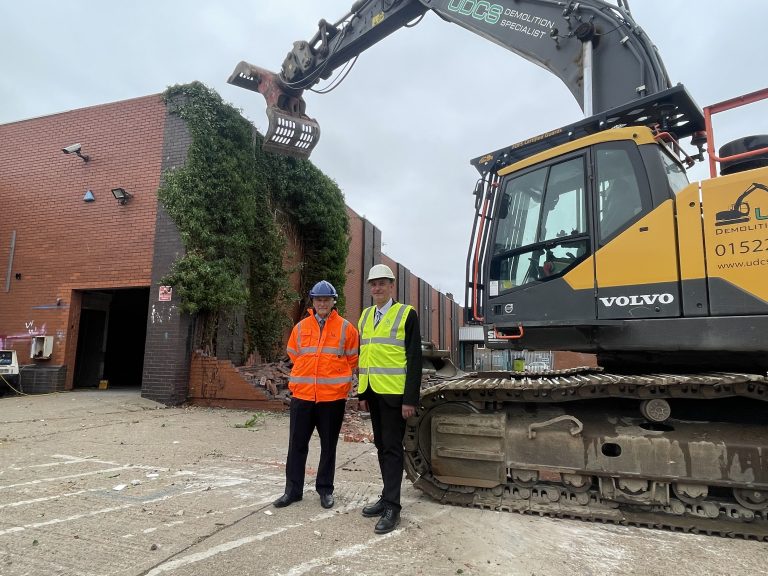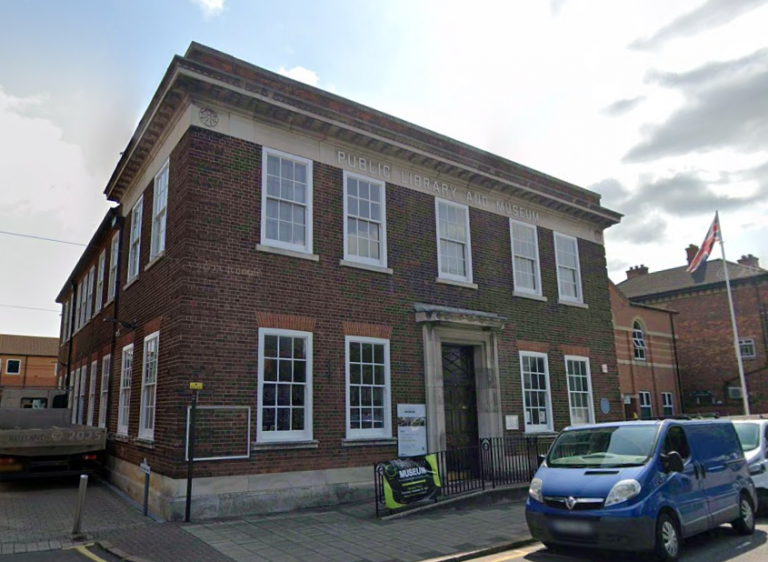A £1m grant from Historic England has been awarded to Spilsby Sessions House, paving the way for vital conservation work on the Grade II listed building.
The theatre has been closed since appearing on the Theatres Trust at-risk register in 2015. With this new funding, repairs will focus on the roof, brickwork, and windows.
It follows £5m already allocated from the government’s Levelling Up Fund, which will support the site’s transformation into a cultural hub. Plans lodged with the council earlier this year set out proposals for a café, meeting space, offices, a heritage display, and outdoor seating.
Further applications, including one to Arts Council England, are in progress to complete the internal fit-out. Early-stage work to prepare the building for reopening is already under way.
The redevelopment forms part of the £8m Lincolnshire Wolds Culture & Heritage programme, which also includes improvements to Alford Manor House and Alford Windmill. The projects aim to expand cultural attractions across the region, with Alford Windmill set to gain a new visitor centre and Alford Manor House a function room.
The combined investment is intended to secure the long-term future of the county’s historic venues while broadening their role in community life.
Image credit: East Lindsey District Council











